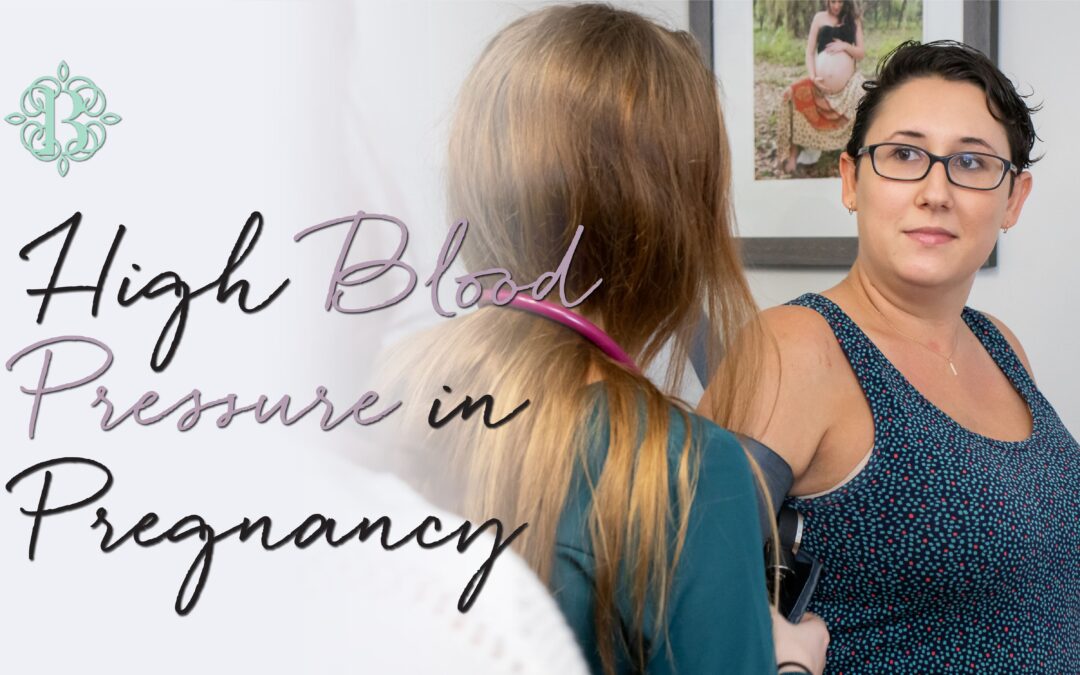High Blood Pressure in Pregnancy
Physiologically, your blood pressure generally reduces during pregnancy to allow for better transport of nutrients across the placenta. However, some women can have high blood pressure during pregnancy which can pose a potential threat to the mother and the baby.
Sometimes, it’s preexisting hypertension that continues during pregnancy, or it can be hypertension that develops during pregnancy. When this happens, it’s called gestational hypertension.
What happens if I have high blood pressure?
Having high blood pressure during pregnancy can lead to symptoms such as headache, blurred vision, and epigastric pain. Sometimes, if your blood pressure is too high, it can lead to conditions like preeclampsia and eclampsia which can pose a threat to you or your baby.
In more severe conditions, your blood pressure can be high enough to cause a stroke.
It also affects your baby by increasing the following factors:
- Decreased blood flow to the placenta
- Placental abruption
- Intrauterine growth restriction
- Premature delivery
What is normal blood pressure for pregnant women?
According to ACOG, a target blood pressure should ideally be less than 120/80 mmHg. For symptoms of high blood pressure to appear, the blood pressure is usually around 140/90 mm Hg or more.
How can I lower my blood pressure while pregnant?
If you have high blood pressure during pregnancy, it’s best to refer to your healthcare provider for the best ways to help manage it.
Here’s are some ways to manage blood pressure during pregnancy:
- Attend all antenatal appointments
- Reduce the amount of salt in your diet
- Regularly monitor blood pressure by checking it at home at least twice a day
- Ask your healthcare provider about preexisting medication and if they should be stopped or replaced with other medications
- Eat healthy foods and stay relaxed
Can I have a normal delivery with high blood pressure?
Yes, you can usually deliver normally with high blood pressure. However, your healthcare provider might suggest you deliver sooner than expected to avoid any complications that might become more concerning the later into pregnancy you go.
If you’re experiencing any symptoms regarding high blood pressure, call your healthcare provider and book an appointment as soon as you can so you can set up a care plan that is right for you!

